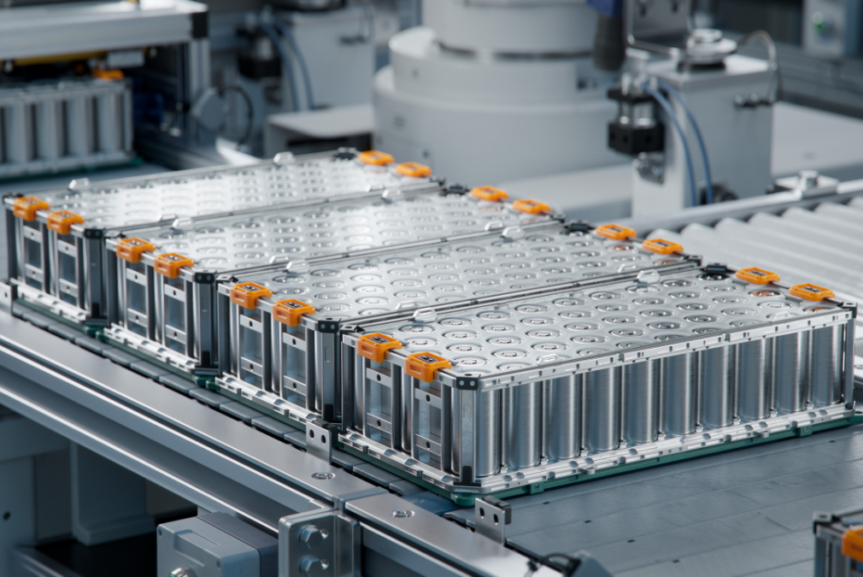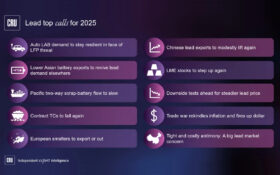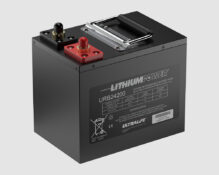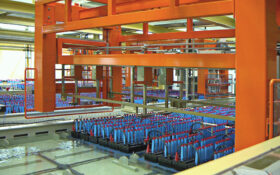The lead-based battery industry must unite to share knowledge and the latest breakthroughs if it is to compete with emerging technologies, said RSR Technologies president Tim Ellis.
His comments to BEST came as Hammond Group Incorporated, Eco-Bat Technologies, Ltd and its technological arm RSR Technologies announced a joint project to further improvements in advanced lead –based batteries.
The companies will share their specialist knowledge; Hammond swapping their developments with speciality chemical additives with Eco-Bat’s resources and insights with metallic compounds.
There are seven of the companies customers world-wide, although Ellis would not disclose their names, currently involved in testing the latest advancements in their own technology laboratories.
The first results from the tests are due in August.
Ellis said the project was something relatively new to the lead-based industry, but was vital if it wanted to compete with other technologies.
He told BEST magazine that the industry had to get better technologies into the batteries to keep lead-based batteries competitive with applications that were coming up.
He said: “The point is lead-acid has been the dominant electro-chemistry for 150 years and as such there is not the same push to spend the same time and effort to fundamental science in lead-acid batteries.
“There is a lot of good work, but not as much as other electro-chemistries in the last decade.”
He added: “Where lead-acid falls down as an industry is we don’t get together and go to the government like lithium-ion and get them to put billions and billions into research, and that’s got to change. “
He said the lead-based battery industry was under no delusions it could compete with Li-ion in phone and personal electronic equipment, but it had to push the science forward to stay as competitive as it could.
Ray Kubis, CEO of Eco-Bat said: “Customers and engineers across the transportation and industrial battery sectors are demanding improved energy density and charge acceptance across diverse duty cycles.
“The benefits of lead-based batteries in cost, safety and true sustainability with nearly 100% recycling, are well known, and we are striving to help out industry and customers meet these higher demands.”
In the US the Recovery Act committed the government to build manufacturing capacity for li-ion batteries – investing around $2.4billlion in loans to do so.
An additional $2billion in grants was budgeted for 30 factories to produce components, including lithium-ion batteries, for EVs.












